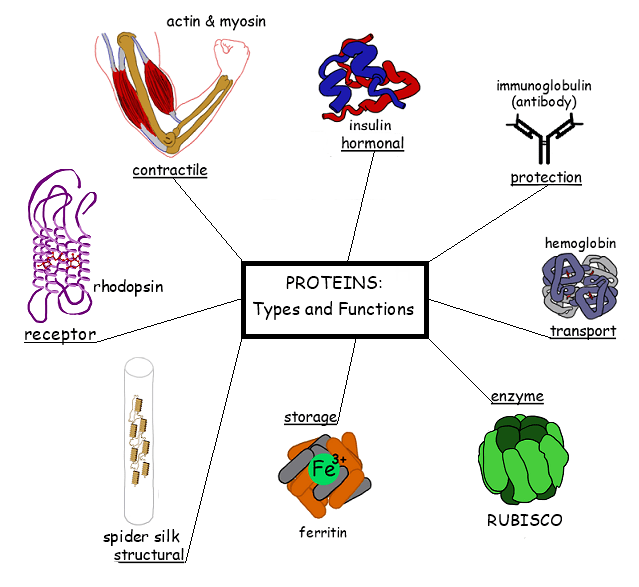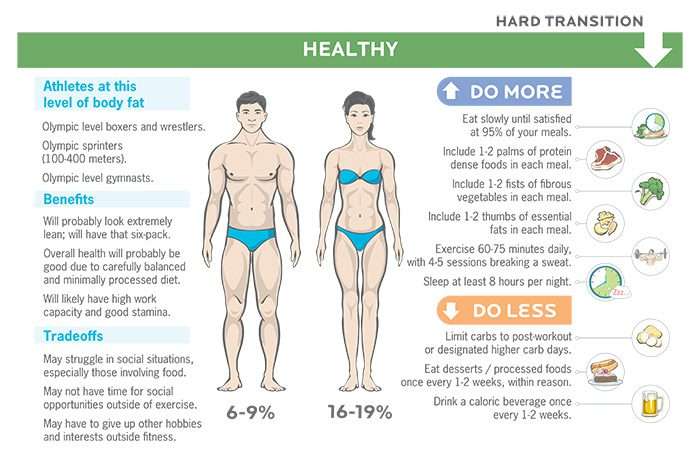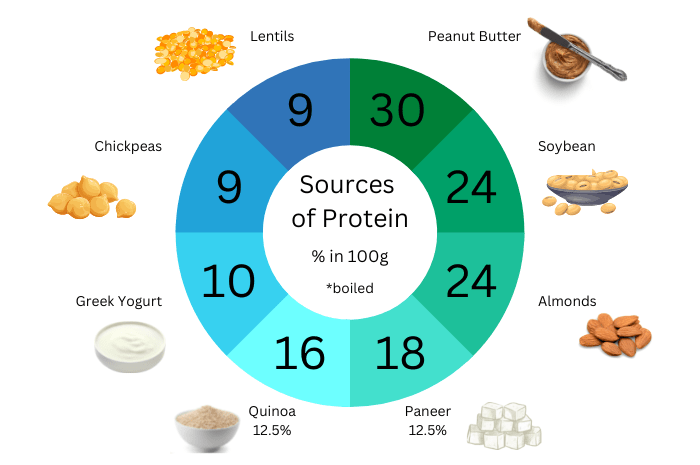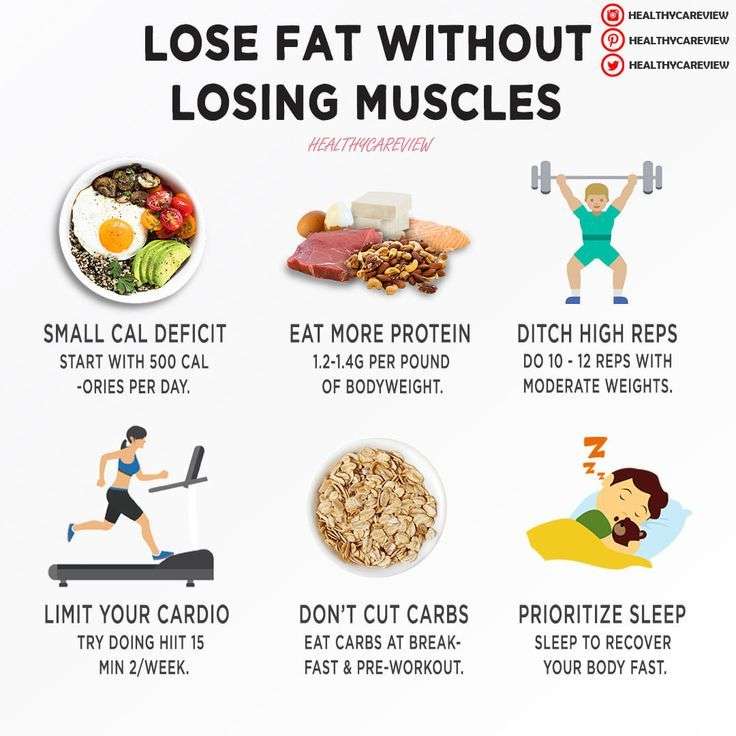Employing an organized approach to nutrition and exercise is necessary to achieve the delicate balance of weight loss and muscle building. Consuming protein is one of this strategy’s most important elements. In addition to being essential for muscle growth and repair, it can help you lose extra fat and preserve muscle mass. This article will examine the ideal consumption for fat reduction and muscle growth, backed by data from science and useful suggestions.
Understanding Protein and Its Role in the Body
The building blocks of muscle tissue are amino acids, which make up protein, an important macronutrient. Tiny rips occur in your muscles during resistance training and other types of exercise. aids in the healing of these rips, resulting in the development of stronger muscles. Furthermore, helps with weight reduction since it has a significant thermic impact, requiring more energy to break down than fats and carbs.
Table of Contents
Protein and Muscle Synthesis
The process by which the body creates new muscle proteins is known as muscle synthesis or MPS. The rate at which muscle breaks down (MPB) must be higher than the rate at which muscle is gained (MPS). Eating enough can improve MPS and encourage muscle development, especially after exercise.
Protein and Satiety
This also known for its satiating effect. High-diets can help you feel fuller for longer periods, reducing overall calorie intake and supporting weight loss efforts.

General Guidelines
For an average adult, the Recommended Dietary Allowance (RDA) is 0.8 grams per kilogram of body weight. That being said, this advice is predicated on the bare minimum needed to prevent deficiencies and does not take into consideration those who are trying to gain or lose weight.
Consumption to Gain Muscle
Increased consumption is crucial for anyone trying to gain muscle. According to research, the ideal daily intake for muscle building is between 1.6 and 2.2 grams per kilogram of body weight. Aim for 112 to 154 grams per day, for instance, if your weight is 70 kg (154 pounds).
Consumption of Protein in Weight Loss
To prevent a drop in metabolic rate during weight loss, muscular mass must be maintained. Research suggests that consuming more when following a calorie restriction preserves lean body mass. When attempting to reduce weight without sacrificing muscle, 2.2 to 2.6 grams per kilogram of body weight may be helpful.

Combining Goals: Muscle Gain and Weight Loss
To achieve both muscle gain and fat loss simultaneously, it is recommended to consume 2.0 to 2.4 grams per kilogram of body weight. This range provides sufficient support for muscle synthesis while also promoting satiety and aiding in fat loss.
Timing and Distribution of Intake
Post-Workout
Consuming after a workout is crucial for maximizing muscle synthesis. A post-workout meal or shake containing 20 to 40 grams can significantly enhance muscle recovery and growth.
Distribution Throughout the Day
Distributing intake evenly across meals is more effective than consuming large amounts in a single meal. Aim to include 20 to 30 grams of per meal to keep MPS elevated throughout the day.
Animal-Based
Animal-based products are complete, meaning they contain all essential amino acids. Some excellent sources include:

Sources of High-Quality Protein
- Chicken breast
- Turkey
- Lean beef
- Fish and seafood
- Eggs
- Dairy products (milk, yogurt, cheese)
- Plant-Based
- For those following a vegetarian or vegan diet, it is important to combine different plant-based to ensure all essential amino acids are consumed. Some high-quality plant-based sources are:
- Legumes (beans, lentils, chickpeas)
- Tofu and tempeh
- Quinoa
- Nuts and seeds
- Whole grains
Practical Tips for Increasing Protein Intake
- Include in Every Meal: Ensure each meal contains a good source of protein.
- Use Supplements: powders, such as whey, casein, or plant-based options, can help you meet your daily goals.
- Snack-on -Rich Foods: Choose snacks like Greek yogurt, cottage cheese, or a handful of nuts.
- Plan and Prep Meals: Prepare protein-rich meals in advance to avoid missing your intake targets.
Conclusion
Determining the right amount to gain muscle while losing weight involves understanding your body weight and activity level. Consuming 2.0 to 2.4 grams of protein per kilogram of body weight can effectively support your goals of muscle gain and fat loss. Remember to distribute intake evenly throughout the day and include high-quality sources in your diet.
For those serious about achieving their fitness goals, combining adequate protein intake with a structured exercise program and overall balanced diet is essential. Monitoring your progress and adjusting your protein intake as needed can further enhance your results.
